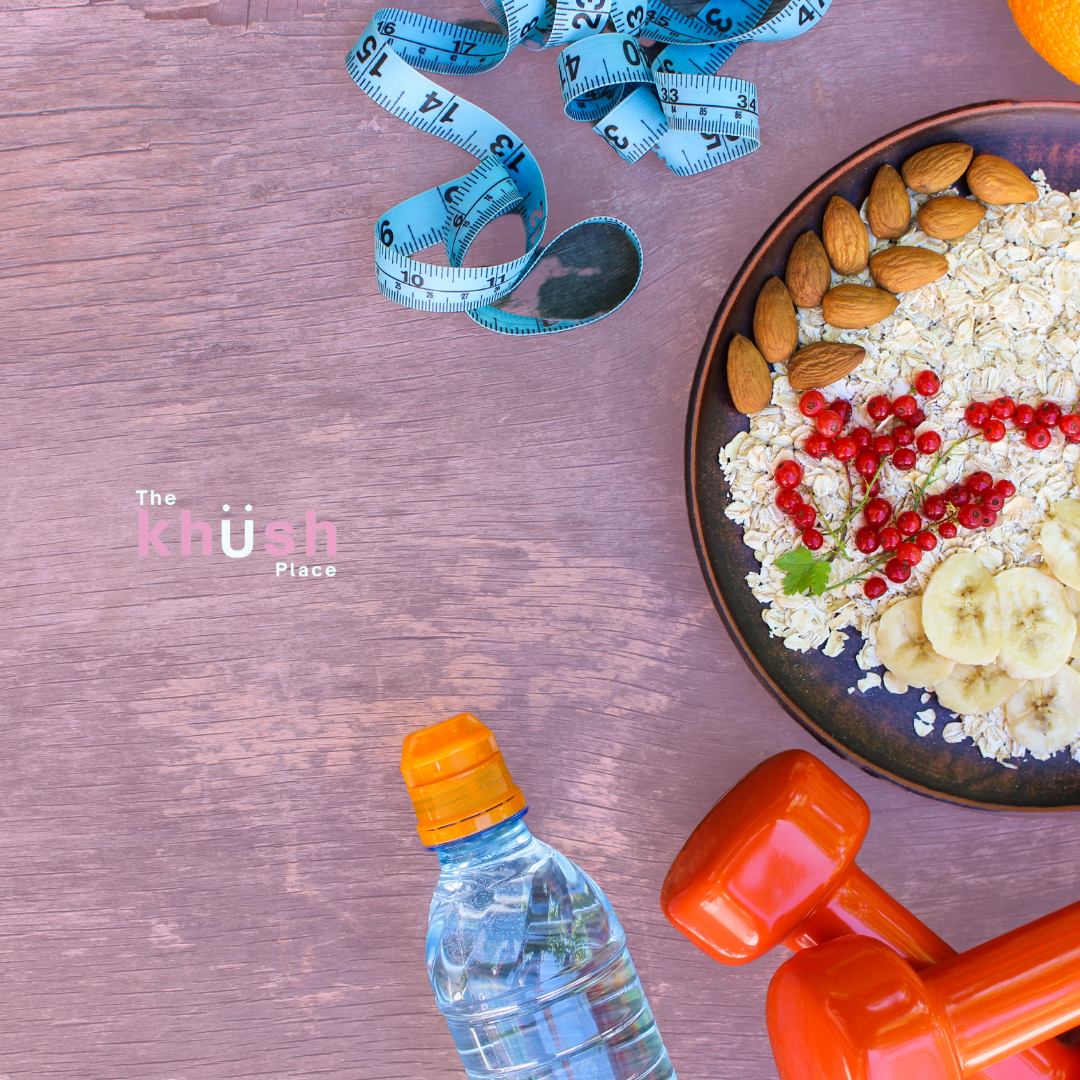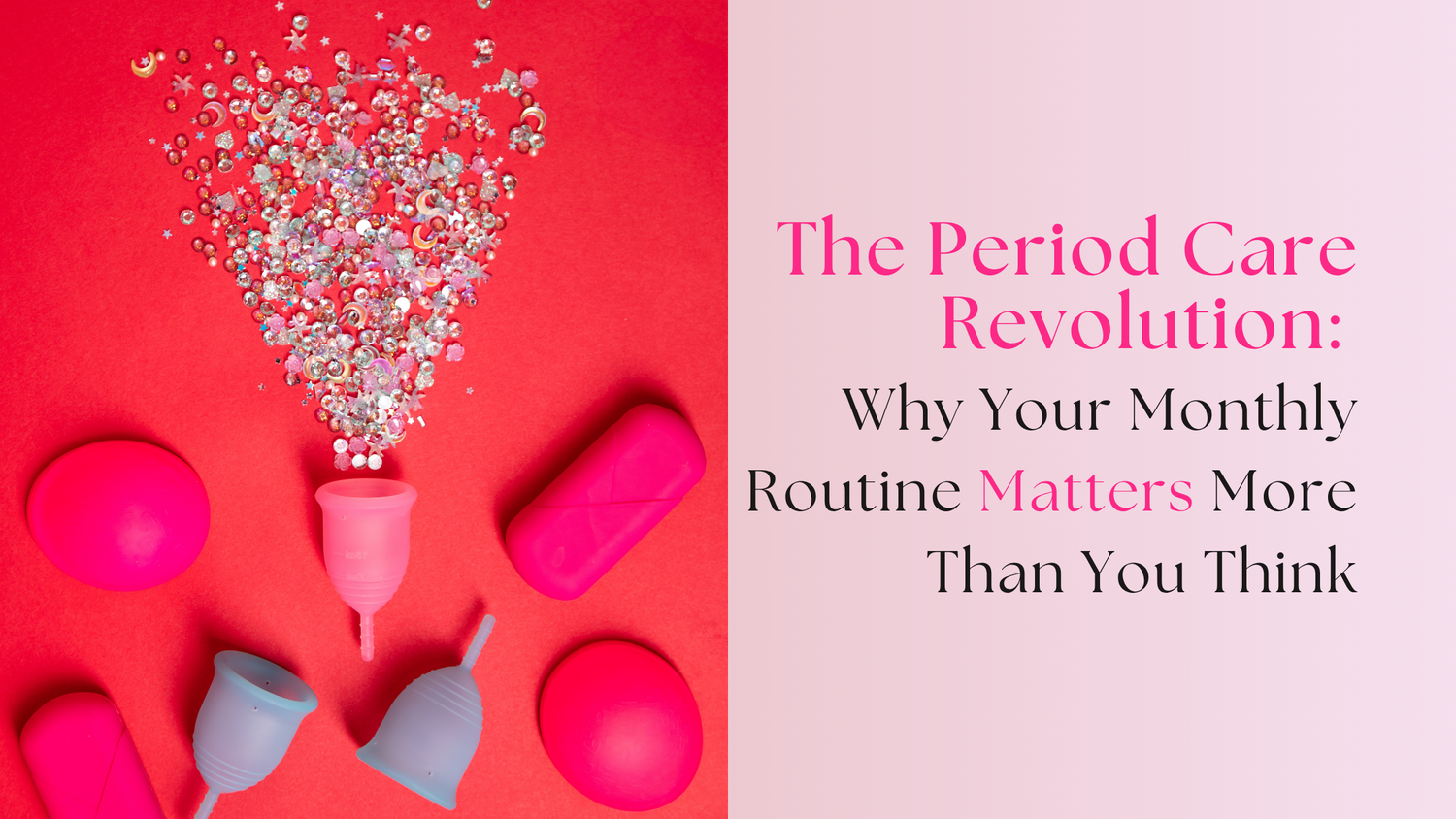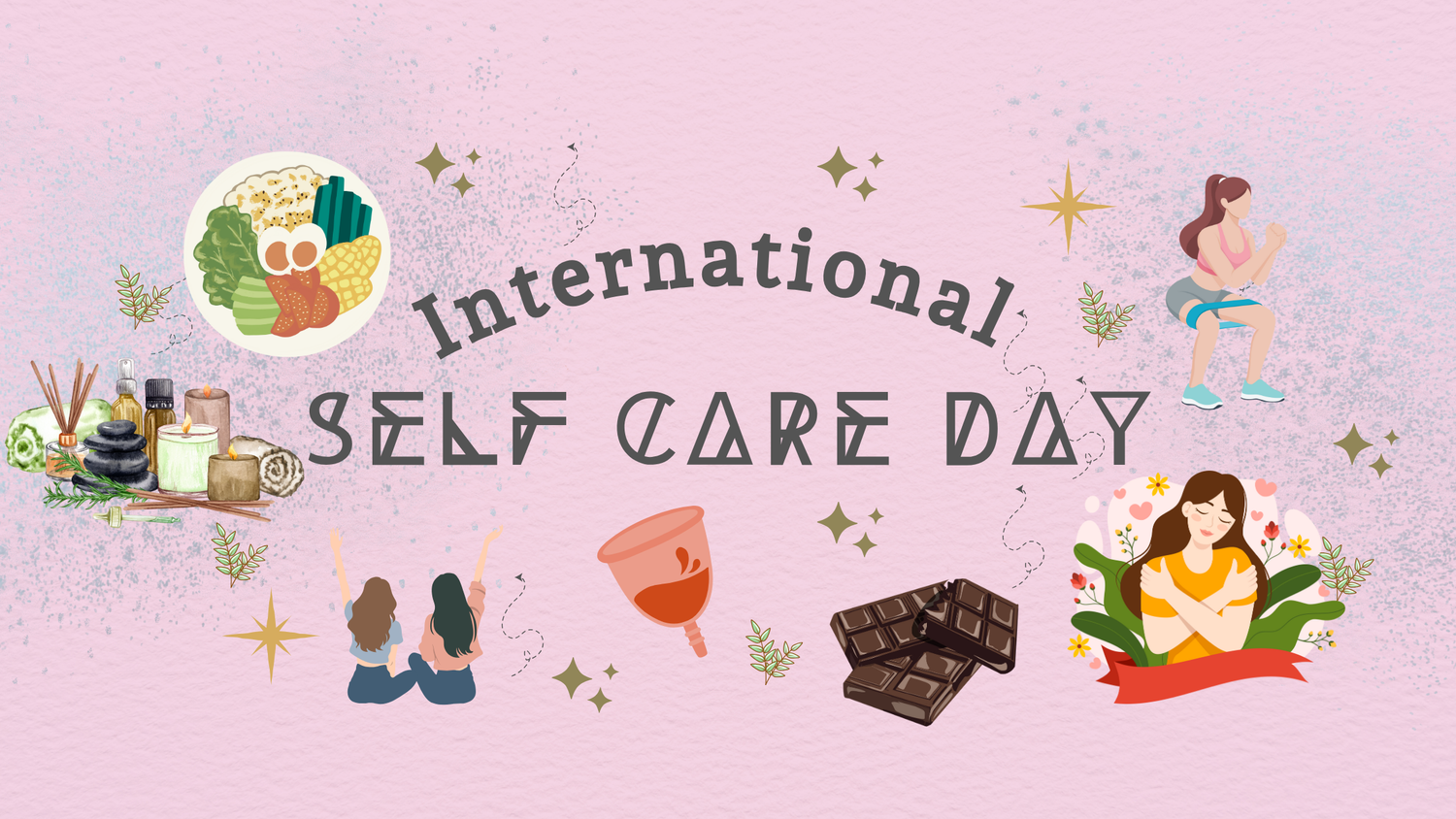A Guide to Balancing Female Hormones Through Nutrition
In the realm of nutrition, it's crucial to acknowledge the profound impact that food choices have on hormonal balance, particularly in females. The interplay between diet and hormone health is often underestimated, but its significance cannot be overstated. Understanding how specific foods influence hormonal equilibrium is essential for overall well-being. In this comprehensive guide, we'll delve into the foods that help balance hormones in females, as well as those that disrupt this delicate equilibrium.
Why Hormonal Balance Matters:
Before exploring the foods that aid in hormonal balance, it's important to grasp why hormonal equilibrium is paramount for female health. Hormones play a pivotal role in regulating various bodily functions, including menstrual cycles, mood stability, metabolism, and more. Disruptions in hormonal balance can lead to a myriad of adverse effects, ranging from fatigue and weight gain to emotional distress and increased risk of diseases like breast cancer.
Impact of Diet on Hormonal Balance:
Our dietary choices directly influence hormone production, metabolism, and function. Certain foods promote hormonal balance by providing essential nutrients and supporting bodily processes, while others contribute to hormonal disruption and inflammation. By making informed dietary decisions, women can proactively maintain hormonal equilibrium and optimise their overall health.
Foods That Support Hormonal Balance:
Eggs: Rich in vitamin D and choline, eggs are nutritional powerhouses that support metabolism and liver function. Additionally, their high protein content helps stabilise blood sugar levels, preventing energy crashes and hormonal imbalances.
Fish High in Omega-3s: Omega-3 fatty acids found in fish like salmon and sardines play a crucial role in hormone production and regulation. Incorporating these fish into your diet helps stabilise hunger hormones and promotes cognitive function, benefiting women throughout their hormonal cycles.
Cruciferous Vegetables: Broccoli, brussels sprouts, cauliflower, cabbage, and kale are essential for hormone detoxification and metabolism. Despite their reputation for causing gas, these nutrient-rich vegetables support digestive health and aid in hormonal balance.
Healthy Fats: Opt for sources of healthy fats such as avocado oil, olive oil, nuts, seeds, and avocados. These fats support hormone production, reduce inflammation, and keep you feeling satiated, thereby preventing hormonal disruptions associated with blood sugar fluctuations.
Foods Rich in Magnesium: Magnesium plays a vital role in blood sugar regulation and nervous system function. Incorporate magnesium-rich foods like leafy greens, avocados, legumes, nuts, and seeds into your diet to support hormonal balance and nutrient absorption.
Foods That Disrupt Hormonal Balance:
Soy: Avoid soy products containing phytoestrogens, which can mimic estrogen in the body and disrupt hormonal balance, particularly in women.
Dairy: Cow's milk contains hormones from the mother cow, which can disrupt hormonal balance and lead to digestive issues and inflammation in humans.
Caffeine: Excessive caffeine consumption can increase cortisol levels, leading to stress, sleep disturbances, and hormonal imbalances.
Sugar: Processed sugar can cause fluctuations in blood glucose levels, triggering hormonal responses that contribute to weight gain, fatigue, and mood swings.
Alcohol: Alcohol consumption can disrupt hormonal balance by increasing cortisol levels and interfering with glucose regulation, potentially increasing the risk of hormonal-related health issues like breast cancer.
Incorporating Exercise and Lifestyle Changes:
In addition to dietary adjustments, incorporating regular exercise and mindfulness practices can further support hormonal balance. Physical activity, particularly yoga, can help reduce stress levels and promote the production of mood-regulating hormones like serotonin and dopamine. Mindful eating and meditation can also contribute to overall well-being by fostering a healthy relationship with food and reducing stress-induced hormonal imbalances.
Strategies for Balance and Vitality in Women
Achieving and maintaining hormonal balance is essential for female health and well-being. By prioritising nutrient-dense foods that support hormonal equilibrium and avoiding those that disrupt it, women can take proactive steps towards optimising their hormonal health. Coupled with regular exercise and mindfulness practices, a balanced diet lays the foundation for long-term hormonal harmony and overall vitality. Embrace these dietary and lifestyle changes to unlock the full potential of your health and vitality as a woman.





